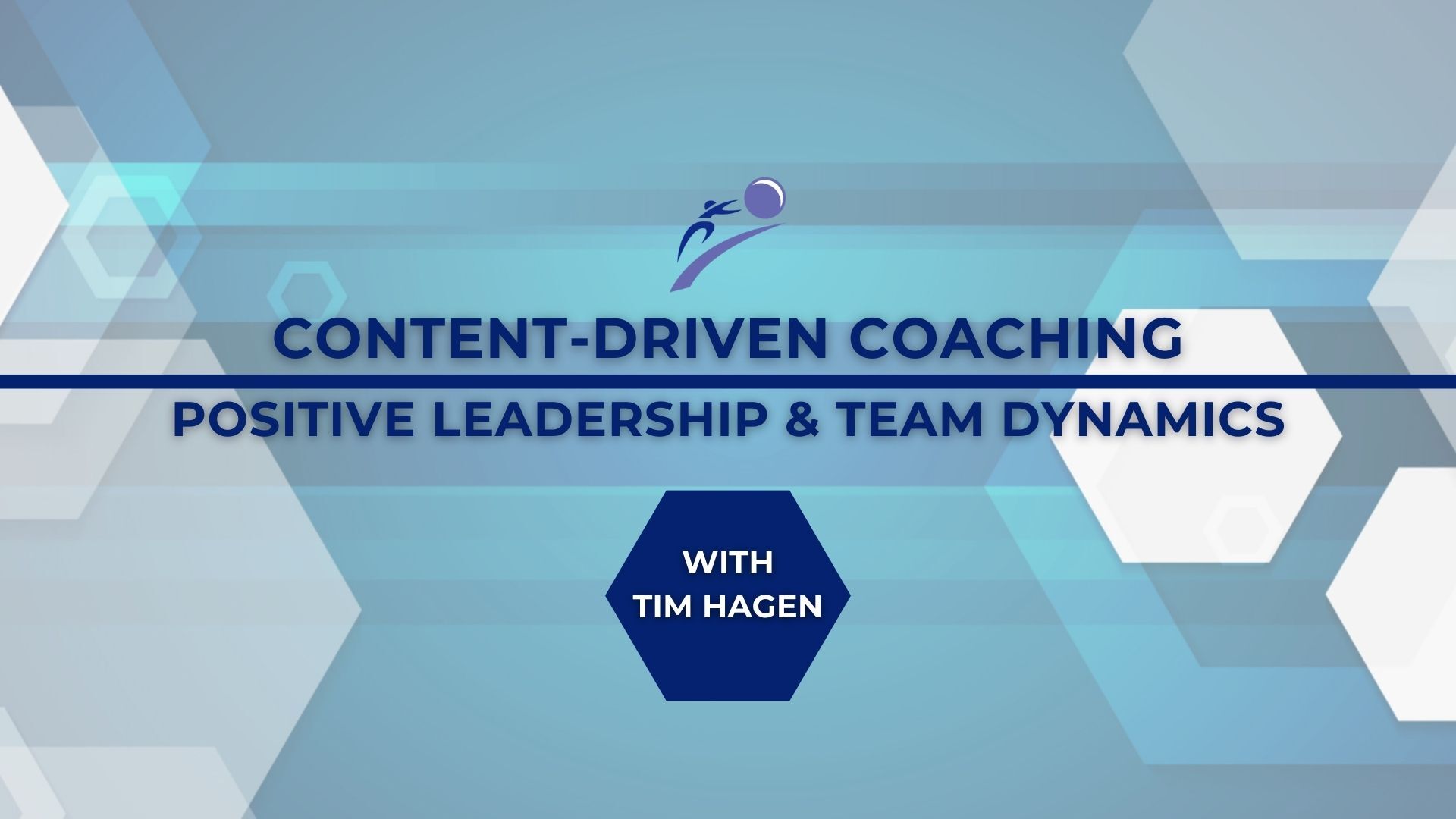
The most fundamental mistakes managers make when they're coaching is that they coach to the situation and not to the issue(s). Let me give you a brief example. Let's say you walk by and you hear three people at the water cooler gossiping and talking negatively about other people. You hear them demonstrating very mean spirited comments. They are really being poor teammates and employees. Often, we might address those situations feeling like we've corrected them when in fact we have not even started to coach to the real issues which might be poor attitude or a lack of teamwork or not upholding corporate values and principles. We tend to have managers thinking about coaching as an apparatus to fix things or to adjust people.
What we must realize is that we can't just coach to situations- rather, we must coach theissues that cause those situations.
Let me give you another example: Let's say we have two people who are not working well together. Typically a manager will call those people into the office and rhetorically tell them and explain to them why they must work together and that there is value in helping one another. The issues might be that the two people simply don't see eye to eye or have a complete lack of understanding of what the other person is coming from to a point that the relationship is so damaged. They have a failure to even listen to one another.
We tend to want to coach to situations as if we can really coach someone in a situation to adjust their negative attitude into a positive one because we've sat down with them one time. The issue is much more long term. What's causing those poor attitudes? What's causing a group of players not to work well together? What are the situations that bubble to the surface? To truly understand the issues that are underlying the manifesting behaviors, coaching must be scheduled and consistently provided to the employees. Use those behaviors to start a coaching conversation, but delve deeper to discover the issues that may be causing those situations to become prevalent.
Coaching to the issue and not just the situation is one of the most foundational concepts we focus on when teaching the coaching conversation. Let's say we have two employees who aren't working well together. What we typically do is bring them in the office and we tell them that they have to work more effectively together, they have to be good teammates, and we lead with all this great rhetorical management. Now, that's coaching to the situation, coaching to the issue is coaching the underlining causes and inhibitors What is lacking in the knowledge department or behavioral attributes that's keeping those two people from working well together?
The issue is they might have some inability to be a good teammate. What if one of the parties is very high powered, outspoken, and does not listen very well. Wouldn't that make teamwork with anyone difficult? Take into consideration that this person is also loyal, dedicated, and hardworking. So then we would have to coach to the issues. Issues you would work on would be active listening, cooperation, and authentic interaction with your teammate.
When we just coach to the situation we sometimes lull ourselves to sleep thinking we've solved the problem. Let me give you this article's major dependent factor. Time management. In my last three business best practice sessions at client sites, I've had multiple people bring up time management. What hit me was that every single time they brought up time management it had something to do with coming to work late or finishing a project late at napping on time.
I always loved to share our time management coaching progression and that is the fall. You literally ask an employee to list out 10 things that they have to do that are of top priority. Once that list is done you then ask them to hypothetically list for other top priorities and in the order in which they would complete them if they only had time to do four of the 10. This gives insight to the employees critical thinking and their behavior attributes. Are they gravitating to the work they want to do and that's their prioritization which kind of counters what the work load might require. Here's the interesting thing of all the people that I prescribed that to half have come back and said It's actually some form of a lack of prioritization.
So what people were coaching to was the situation of being late. The issue was an inability to prioritize gravitating to work that they wanted to work on. Not seeing the bigger picture of how their lack of work or prioritization affected other people's work. One of the healthiest things we can do is not just coach to the situation but to truly understand the underlying issues that really prompt that situation to occur on a frequent basis.
Learn About Our New Coaching Service "The Coaching Leadership Series". This service provides unlimited access to monthly lessons, coaching plans, and a monthly course: click here: http://www.salesprogress.com/progress-coaching-leadership-series




